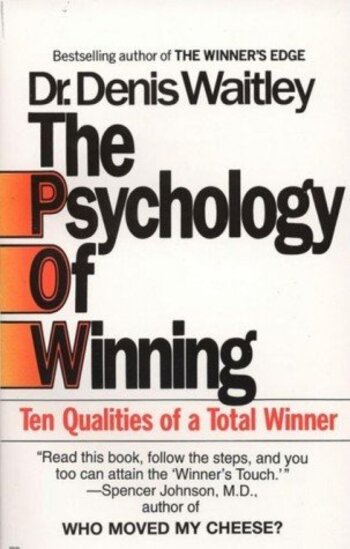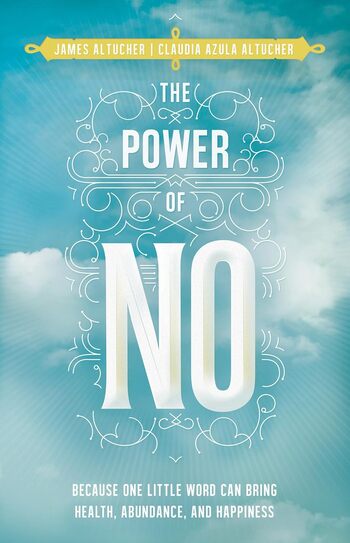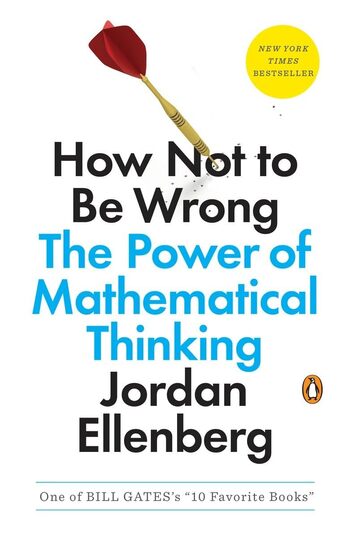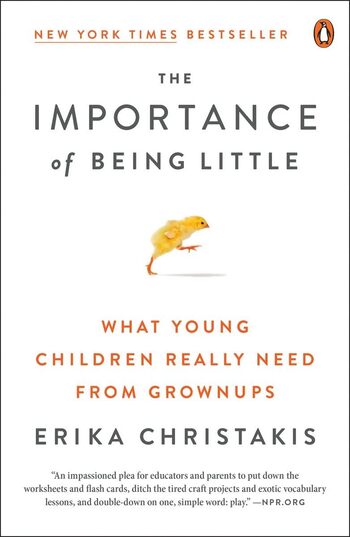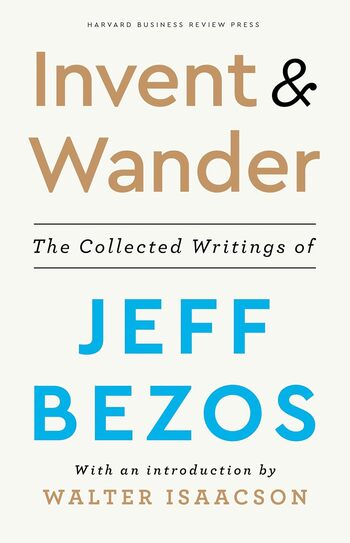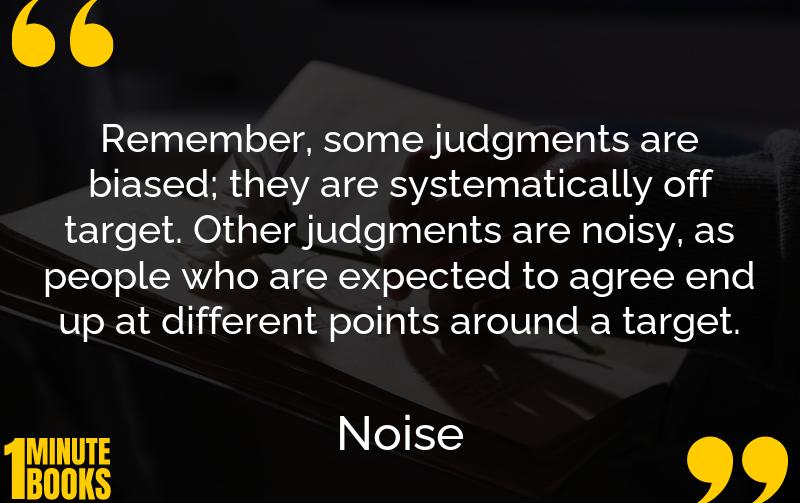
Noise explores how inconsistency and variability, termed ‘noise,’ affect decision-making and judgment, often leading us away from accurate decisions. The authors provide strategies to mitigate noise, enhancing decision precision.
Main Lessons
- Bias and noise are distinct yet significant issues impacting decision-making.
- Noise makes judgment inconsistencies harder to detect than biases.
- Systematic approaches can reduce noise in decision-making.
- Personal decisions are as susceptible to noise as professional ones.
- Structured judgment tasks reduce excessive coherence issues.
- Awareness and skepticism of intuition can aid decision reliability.
- Multiple independent judgments averaged can minimize noise impact.
- Relative judgments tend to be less noisy and more consistent.
- Decisions should focus on accuracy rather than personal expression.
- Thinking statistically offers an outside perspective, reducing noise.
- External factors such as confidence and presentation distort group judgment.
- Noise affects both individual and group decision-making unpredictably.
- Social media amplifies noise, complicating consensus and prediction.

